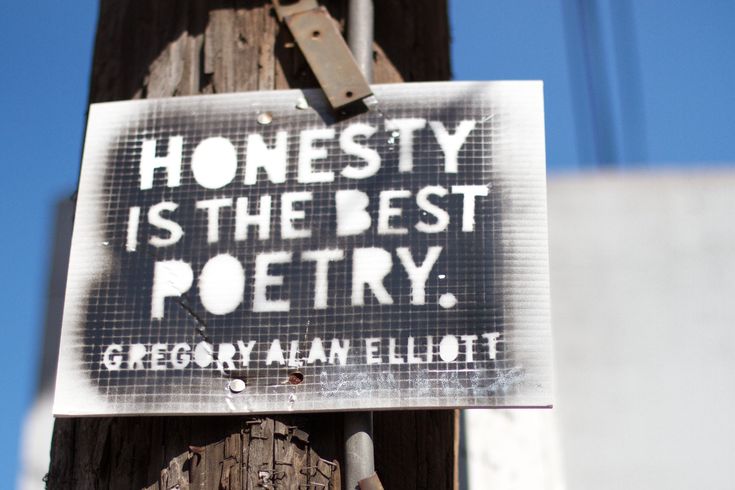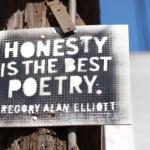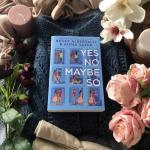Bad Poetry Day: The Celebration of Imperfection
By Saheed Sunday
Poetry is probably one of the most serious genres of literature if we are to say. This is because of its tendency to use polished language while being condensed at the same time. Thus, when one thinks of poetry, one literally thinks of perfect words. Bad Poetry Day, which is celebrated on August 18th, is that whimsical holiday set aside for bad poems which reminds both readers and poets that, sometimes, poetry can be written just for the moment. Poetry can be unserious and imperfect too, and it would still be poetry.
The origin of Bad Poetry Day might not be entirely traceable, but the idea of it is pretty simple. It is a day set aside to celebrate murky poems written for the moment. It is geared towards painting that atmosphere of unseriousness and imperfection which something as standard as poetry can embody. The day, therefore, celebrates the joy of expression and the freedom that comes with abandoning these constraints of literary perfection. It’s a day for the unsophisticated, the awkward, and the downright ridiculous poems to shine—a day to revel in the fun of creating something purely for the fun and sake of it.
One might want to question the reason behind setting aside such a day as a Bad Poetry Day for celebration. Well, the reason is quite simple. There is a unique charm that bad poetry has. These unique charms come from the place of unfiltered thoughts, emotions, and genuine efforts to write. Even if a bad poet might not have the ability to create something perfect, the fact is that their imperfect piece of work comes from a place of effort and unfiltered creativity. Bad poetry might not be standard, but it definitely has a peculiar feel to it too.
One of the many advantages of the celebration of the Bad Day Poetry is the fact that it actually fosters inclusivity. This is regurgitated in the corners of those who just started with poetry. Not everyone has the talent to start poetry and have the perfect grasp and control of such things as diction, structural consistency, and even imagery. For some people, it would take consistent hard work and effort. Thus, during these trying times when the effort is still being put into place, there is no doubt that the poet would start with bad poems. But the way he/she wouldn't feel bad about writing such poems is because there is indeed a day that celebrates such kind of poetry. Hence, by this, writing poetry becomes an inclusive art for every lover of the genre.
Bad Poetry Day also foregrounds accessibility. If brought into an educational setting, students can be taught to focus on the fun aspect of poetry first rather than the rigid technical and literary aspects of it. This does not only fuel the likelihood of students to pick up writing as a passion; it also revitalises the culture of poetry itself. Poetry, so to say, is usually only read by the intellectual elite, or at least the acrolectal language users. This is because of its serious and condensed language. However, with Bad Poetry Day highlighting the chance of flexibility, students get to read poetry often for fun, and the poetic culture gets to blossom even more.
Moreover, Bad Poetry Day accentuates an important lesson: the value of failure in the creative process. In a world that often prioritises success and perfection, Bad Poetry Day is a reminder that it’s okay to fail, to create something that isn’t perfect. In fact, it’s through these “failures” that we often discover new ideas, new forms of expression, and new ways of thinking.
In conclusion, Bad Poetry Day is more than just a day to write imperfect verses, it is also a day that reminds us that poetry does not necessarily need to be serious. Sometimes, a little fun and flexibility can go a long way in reviving the culture of the art, fostering inclusivity among those who bear the intention to write but cannot carry the burden that comes along with the rigid nature of the genre, and also to foreground the beauty that can be found in imperfection.






